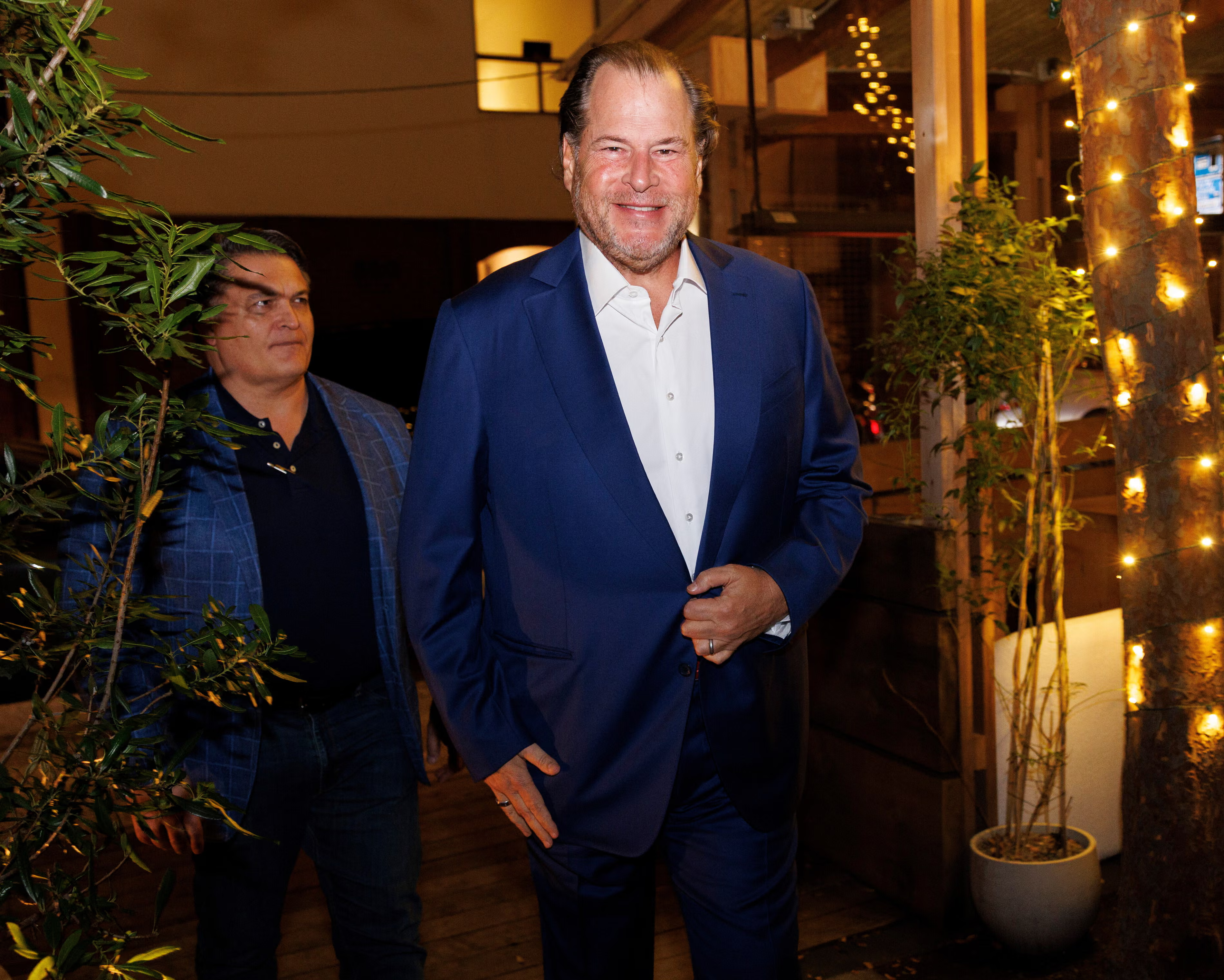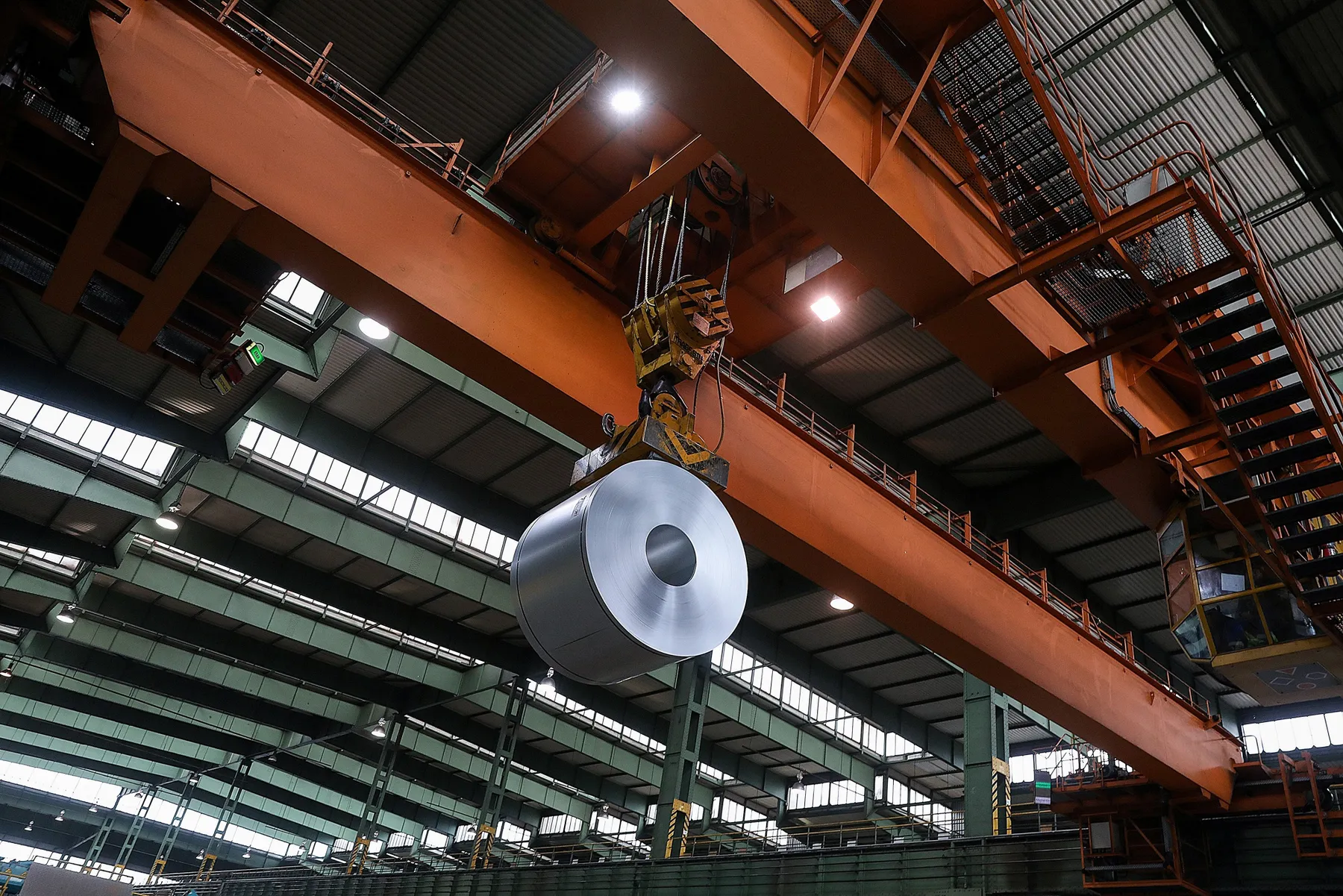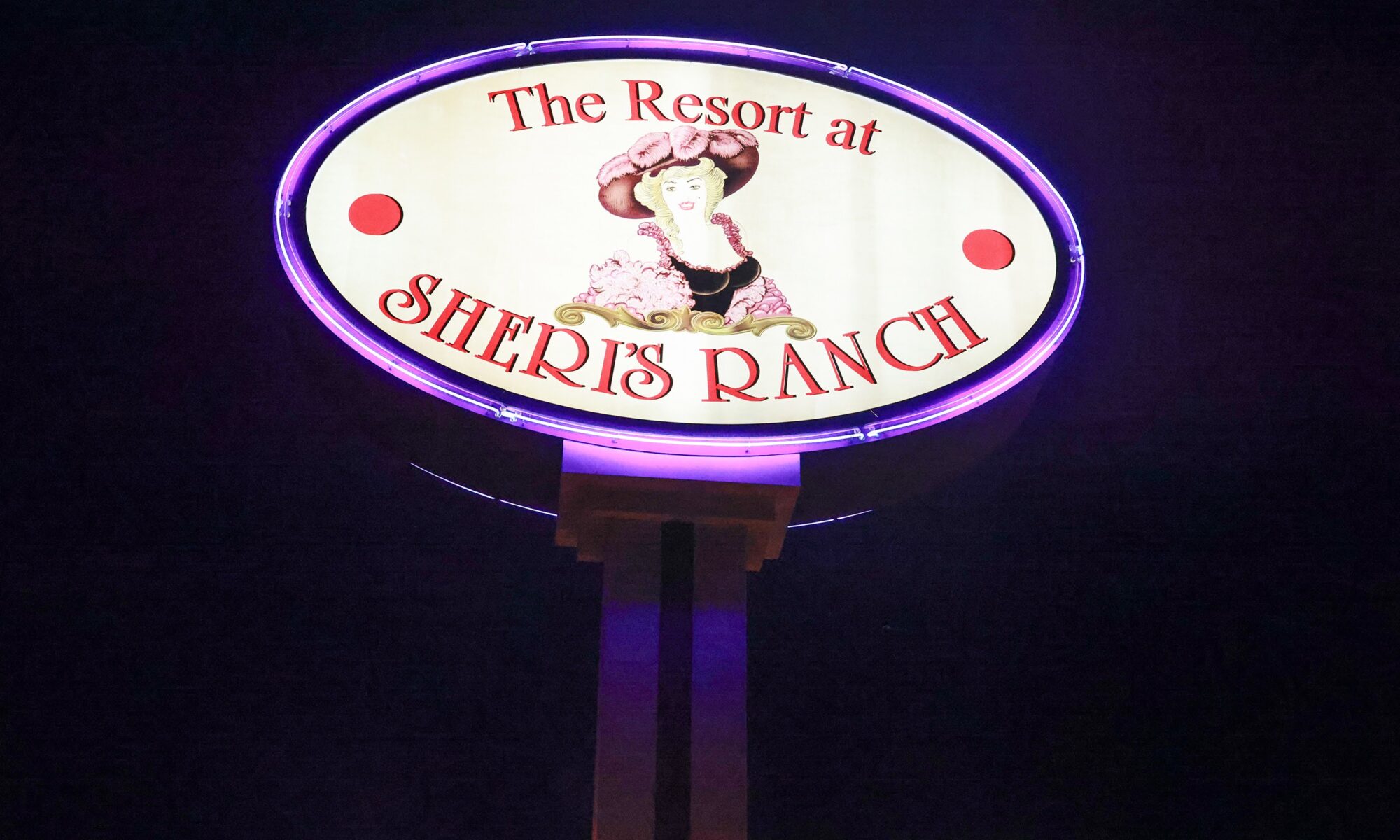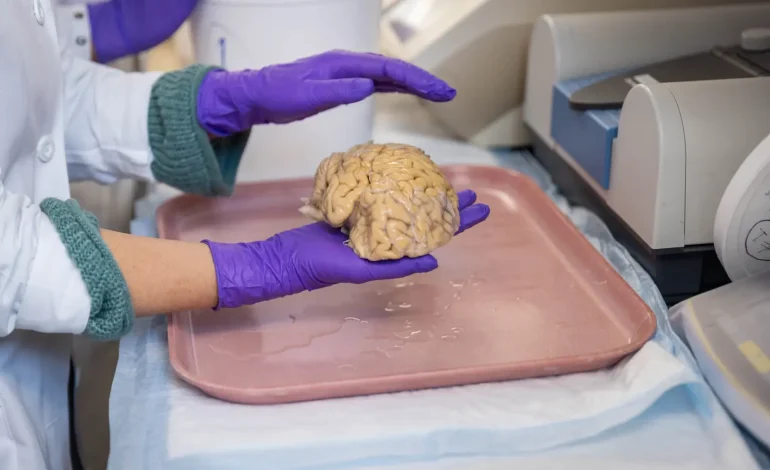Forget the stereotype of seniors losing their edge — there’s a rare group of people called SuperAgers who are turning that idea on its head. These folks are in their 80s (and beyond) but have memory skills that rival people 30 years younger. Think sharp, engaged, and still killing it at crossword tournaments.
Take Carol Siegler, for example. She’s 89, lives outside Chicago, and once entered a crossword puzzle tournament “as a gag” — then won her age group. She’s auditioned for Jeopardy!, is still incredibly active, and is part of a group of SuperAgers being studied at Northwestern University.
Researchers there have been studying SuperAgers for over 25 years, and what they’ve found is fascinating.
To even qualify, you need to be over 80 and crush a cognitive test — specifically, one that measures episodic memory (your ability to remember personal events). Out of thousands who apply, less than 10% make the cut.
And no, it’s not all kale smoothies and Pilates. Some SuperAgers drink beer daily, have health issues, and don’t exactly live like wellness influencers. So what’s their secret?
Turns out, personality and lifestyle may matter just as much as health habits. SuperAgers tend to be very social, highly independent, and deeply connected — to their families, communities, passions, or even their ancestry. Basically, they live life on their own terms.
Northwestern researchers have autopsied nearly 80 SuperAger brains, comparing them to more typical older brains. What they found is nothing short of extraordinary.
- Cingulate cortex (attention + motivation hub): It’s actually thicker in SuperAgers than in some people in their 50s.
- Hippocampus (the memory center): Way fewer tau tangles, a protein mess that shows up in Alzheimer’s.
- Entorhinal cortex (key for learning and memory): Cells here are bigger, healthier, and more intact — even compared to people in their 30s.
- Von Economo neurons (linked to social behavior): SuperAgers have more of these too.
And get this: their immune response in the brain is dialed down compared to their peers — a sign that their brains may be better at fighting off inflammation and stress.
So is it genetics? Luck? Lifestyle? Honestly, it’s probably a little of everything.
Dr. Tamar Gefen, who leads much of this research, says some SuperAgers likely have genetic protections, but that how those genes express themselves over time — influenced by things like stress, environment, and behavior — plays a big role.
The team’s next step? Dive even deeper into the molecular signatures of SuperAger brains to figure out exactly what makes them tick — and how the rest of us might get in on the action.
People like Sel Yackley, 85, aren’t just fascinating research subjects — they’re inspiring.
Sel’s a former journalist who sings in a choir, knits for the homeless, hits the gym, and keeps a daily to-do list. She’s also planning to donate her brain to science and still finds time for book club.
Her advice?
“Take good care of your health, eat right, and be sociable.”
Maybe not — but we can definitely borrow some of their habits.
Researchers point to 14 modifiable risk factors for dementia — including physical inactivity, smoking, hearing loss, social isolation, and poor diet. Tackling these early in life might help preserve brain function longer.
As for the rest? Keep your brain busy, stay connected, and don’t underestimate the power of purpose — whether it’s crafting, volunteering, or just showing up for your people.
After all, aging doesn’t have to mean fading. For SuperAgers, it just means doing life smarter — and with a lot more brainpower.
CNN, NBC News, and New York Post contributed to this report.










The latest news in your social feeds
Subscribe to our social media platforms to stay tuned